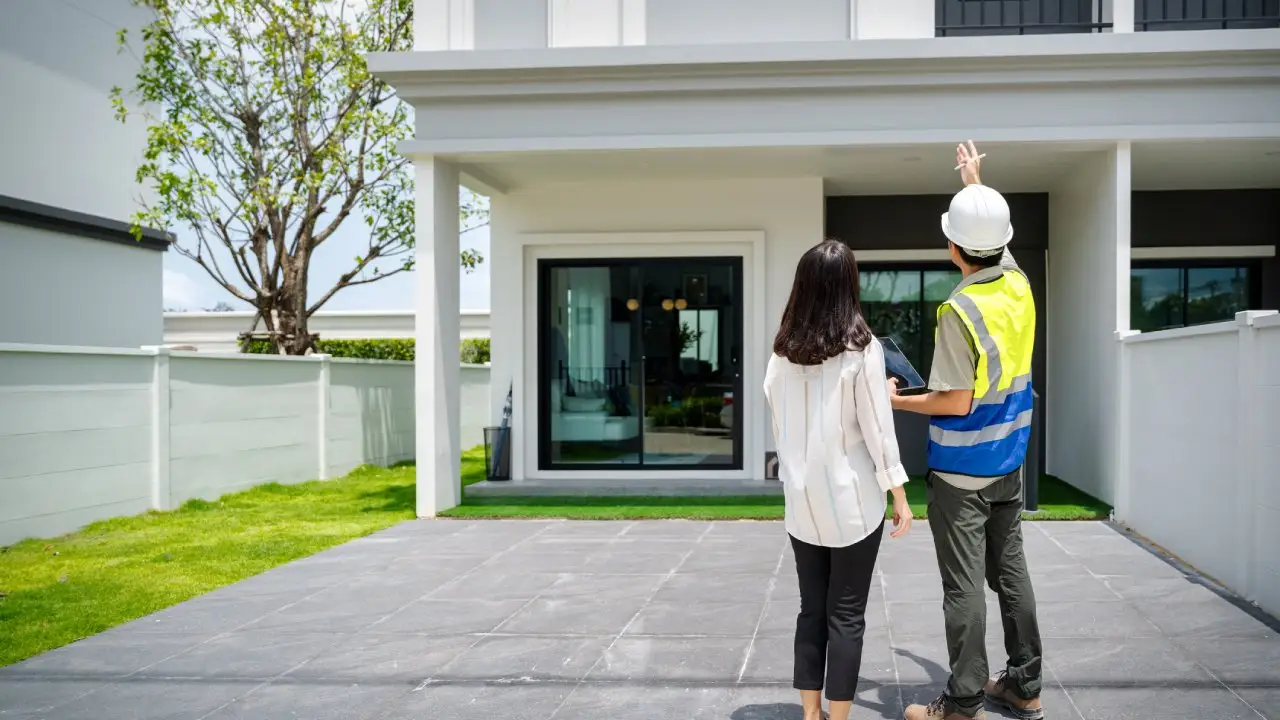Owning a home is one of the most significant investments many people will ever make, and maintaining that investment is crucial for long-term security and peace of mind. One of the most effective ways to protect your home and its value is by conducting regular residential inspections. A thorough inspection ensures that your property remains safe, functional, and free from potential issues that could escalate into costly repairs. In this article, we’ll explore why residential inspections are key to maintaining your home’s integrity and how they benefit homeowners in both the short and long term.
Why Residential Inspections Matter
At its core, a residential inspection is a comprehensive evaluation of a property’s physical structure, systems, and components. It covers everything from the roof and foundation to plumbing, electrical systems, and more. Regular inspections are vital for seeing possible problems before they become serious ones, whether you’re buying, selling, or just keeping up with maintenance on your house.
A Residential Inspection Typically Covers The Following:
- Structural Elements: Foundation, walls, roof, and floors.
- Mechanical Systems: HVAC systems, water heaters, plumbing, and electrical components.
- Exterior Elements: Siding, doors, windows, and drainage systems.
- Interior Features: Flooring, walls, ceilings, and major appliances.
This procedure, when carried out by a certified inspector, guarantees that your house will continue to be safe for your family, structurally sound, and compliant with local building codes.
Early Detection Of Issues
Early detection is one of the main advantages of routine home inspections. Houses naturally deteriorate with time, but little problems frequently go unrecognized until they get out of hand. For instance, a small roof leak might not seem like a big deal right away, but if it goes unchecked, it could result in water damage, mold growth, or even necessitate a flat roof replacement, potentially jeopardizing your home’s structural stability.
By using domestic inspections to identify these small issues early on, homeowners may take care of them before they worsen and necessitate expensive repairs. This proactive approach saves both time and money and prevents unnecessary stress.
Maintaining Property Value
Maintaining the value of your home is critical, especially if you plan to sell in the future. Potential buyers find a well-maintained home significantly more desirable, and it can sell for a greater price. Conversely, homes that have not been inspected or properly maintained may suffer from hidden issues that can deter buyers or lead to costly negotiations.
Regular inspections provide a clear picture of your home’s condition, allowing you to make necessary repairs and upgrades that preserve or enhance its market value. Whether you’re thinking about selling soon or years down the line, routine inspections ensure your home remains an attractive and valuable asset.
Ensuring Safety
Your home is meant to be a safe and secure environment for your family, and a residential inspection plays a vital role in ensuring that it stays that way. Inspectors are educated to search for possible safety risks, including frail structural elements, gas leaks, and defective wiring. These issues, if left unaddressed, could lead to dangerous situations like electrical fires, gas explosions, or even structural collapses.
Regular inspections allow homeowners to identify and address safety concerns promptly. Ensuring that your home is free from such hazards provides peace of mind, knowing that your family is protected.
Compliance With Local Building Codes
To guarantee that houses adhere to strict safety and construction requirements, building codes are in existence. Over time, these codes may change, and older homes may no longer comply with current regulations. Advantage Residential Inspections help homeowners stay informed about potential code violations, allowing them to make updates as necessary.
For example, older homes may have outdated electrical systems that are not up to code. A thorough inspection can highlight areas where your home needs to be brought up to modern standards, helping you avoid fines or complications when selling or remodeling.
Preventing Costly Repairs
One of the most significant financial benefits of residential inspections is the ability to prevent costly repairs. Many homeowners avoid routine inspections because they fear the potential expense of repairs. However, neglecting inspections can result in even more significant costs down the road. For example, catching a small plumbing leak early on is far less expensive than dealing with water damage, mold remediation, and structural repairs after the issue has worsened.
By finding issues early on when solutions are still comparatively simple and inexpensive, residential inspections frequently assist homeowners in avoiding these significant costs.
Extending The Life Of Major Systems
Major systems in your home, such the HVAC, plumbing, and roof, have a finite lifespan. By conducting routine inspections, you can keep an eye on these systems’ state and decide when maintenance or replacement is necessary. You may prolong the life of these systems and postpone the need for expensive replacements by keeping them in good operating order.
For example, an inspector may notice that your HVAC system is working harder than it should, indicating that a simple cleaning or tune-up could improve its efficiency and extend its life. Similar to this, routine roof inspections can assist you in addressing deterioration before it results in more significant problems like leaks or water damage.
Conclusion
Residential inspections are an essential part of maintaining your home’s integrity and value. By conducting regular inspections, homeowners can identify potential issues early, ensure safety, maintain property value, comply with building codes, and prevent costly repairs. Whether you’re a new homeowner or have lived in your home for years, investing in routine residential inspections is a proactive step that will safeguard your investment and provide peace of mind for years to come. Ultimately, a well-maintained home is not only a more enjoyable place to live but also a more valuable asset in the long run.



